Snow came down like coarse sea salt on a big ugly Tupperware bowl of pale popcorn. It was January 1977, the coldest month in Pittsburgh history. I was a pint-size high school senior living in a small town 40 miles east of the Steel City, serving my time and awaiting the day in late May when I would “commence.” I was, in the words of Paul Simon’s “My Little Town,” savin’ my money, dreamin’ of glory, twitchin’ like a finger on a trigger of a gun.
The winter’s fury resulted in at least a dozen snow days that year. And I spent the time sheltered, sans-siblings, in the bedroom of our four-room apartment. With no actual school work, I was free to feed my head with all kinds creative matter. I was an unchained enfant mélancolie, wide-open to ponder the meaning of life — to dissect the mysterious beast of High School Land. It was one of the most beautifully sad, soul-expanding periods of my life.
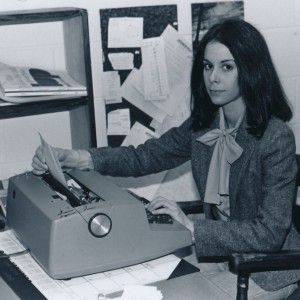 My last year of school was marked by periods of great output and even greater input. Like many self-conscious teenage girls, I soaked up and stored into permanent memory the slights, innuendoes, snickers, eye rolls and sideway glances of those around me, to the extent that I still remember where I was – and, sometimes, what I was wearing – when those that’s it, my life is over feelings washed over me. (Years later I was heartened to read this passage from Jackie Kennedy’s diary: if school days are the happiest of your life, I’m hanging myself with my skip rope tonight.) I studied my peers with a Freudian frenzy, but I studied myself even more.
My last year of school was marked by periods of great output and even greater input. Like many self-conscious teenage girls, I soaked up and stored into permanent memory the slights, innuendoes, snickers, eye rolls and sideway glances of those around me, to the extent that I still remember where I was – and, sometimes, what I was wearing – when those that’s it, my life is over feelings washed over me. (Years later I was heartened to read this passage from Jackie Kennedy’s diary: if school days are the happiest of your life, I’m hanging myself with my skip rope tonight.) I studied my peers with a Freudian frenzy, but I studied myself even more.
And I came to believe that Janis Ian, the misfit singer, had truly nailed it: I, too, learned the truth at seventeen. There would always be insiders and there would always be outsiders, and I would always be the latter. That sentiment was forever sealed within me, as I read and re-read J.D. Salinger and S.E. Hinton; watched and re-watched “Cool Hand Luke” and “Frankenstein”; listened to and re-listened to “I am a Rock” and “Strawberry Fields Forever.”
I was editor of my high school paper, wrote a school news column for the regional newspaper, and freelanced as a sports writer for the smaller hometown rag — covering high school basketball games for 5 cents a column-inch. It was all-consuming, as are most of my endeavors. Then, like now, my creative muse was a late night visitor, and I spent many a midnight hour beating the keys of my Sears-brand electric typewriter and repeating the Robert Frost mantra: and miles to go before I sleep. I was tired by day and prone to headaches. My spiritual health wasn’t much better: I was disillusioned by the cliquishness and conformity all around me. Those of us who didn’t drink and smoke dope were curiously called “rednecks.” Better dead, than red, my vapid peers used to say. Even the popular, letter-jacket crowd imbibed. Why, a member of our homecoming court actually upchucked (in the parlance of the day) all over her prom gown!
Oh, I knew the exact latitude and longitude of Gene Pitney’s “Town Without Pity,” alright: 40.4312° N, 79.2609° W.
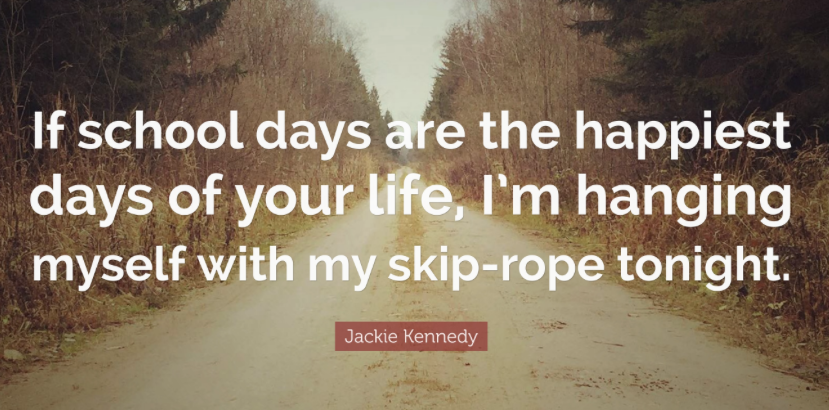 I’ll admit that most of my high school experience was pleasant enough. But things started to go south in year 4, when I began speaking out about some of the ugly behavior I witnessed in our class of 160. I was put down for writing a school newspaper editorial that chastised the jock-bullies who picked on a lonely obese boy. I was snubbed by the small, but all-powerful group of privileged “social Darwinists” when I openly criticized them for instigating trouble and getting off, scot-free. I became, in effect, a snob in my own right. I was an anti-snob snob, and it cost me the happiness that I should have experienced in that oh-so-sacred of American epochs: The Senior Year. I fancied myself a suffering artist. Thoreau, with his different drummer manifesto, was my literary poster boy. Emily Dickinson, with verses like I’m nobody! Who are you?, was a sad, kindred spirit. Yes, I turned into one self-absorbed mess of a gal. A heaping tablespoon of self-righteousness, mixed with two cups of self-pity and a dash of disdain make for one cold, bitter stew. But how delicious it was, at the time.
I’ll admit that most of my high school experience was pleasant enough. But things started to go south in year 4, when I began speaking out about some of the ugly behavior I witnessed in our class of 160. I was put down for writing a school newspaper editorial that chastised the jock-bullies who picked on a lonely obese boy. I was snubbed by the small, but all-powerful group of privileged “social Darwinists” when I openly criticized them for instigating trouble and getting off, scot-free. I became, in effect, a snob in my own right. I was an anti-snob snob, and it cost me the happiness that I should have experienced in that oh-so-sacred of American epochs: The Senior Year. I fancied myself a suffering artist. Thoreau, with his different drummer manifesto, was my literary poster boy. Emily Dickinson, with verses like I’m nobody! Who are you?, was a sad, kindred spirit. Yes, I turned into one self-absorbed mess of a gal. A heaping tablespoon of self-righteousness, mixed with two cups of self-pity and a dash of disdain make for one cold, bitter stew. But how delicious it was, at the time.
And today? Well, as Bob Dylan once sang: But I was so much older then; I’m younger than that now. Nowadays I’m somewhat happy to say that my spiritual health has greatly improved. Wellness? Nothing to it. It only involved lots of expensive therapy; two stints in rehab; thousands of AA meetings; ongoing physical exercise; the discovery of writers named Tolle, Hay, Chopra, and Brown; the consumption of pricey oral supplements; classes in aromatherapy and gemstone healing; consultations with tarot readers, astrologers, hypnotherapists, chakra re-balancers and assorted soothsayers; the suspicion that nearly everyone else could be as screwed up and insecure as I am; and a general feeling of who gives a shit.
But back in 1977, I felt as old as Methuselah, and doubted I’d ever be satisfied. Alas, there was one thing that always kept me hanging on: music.
So, by now you’re probably dying to know just what kinds of records were spinning around on my cheap little “Silvertone” sound machine during that period of intense introspection. What? You’re not? Well, too bad, ’cause I’m gonna tell you anyway. Below is a round-up of the records that were in heaviest rotation during that scrumptiously wicked winter…the tunes that best represented my mood-spinning state of mind.
Let’s start with a song from my daily diet of Cream – the British power trio, that is – a band of which guitarist Eric Clapton was a member. The first tune that always comes to mind when I reminisce about the storm of ’77 is “Passing The Time,” from the 1968 album “Wheels of Fire.” The slow, lullaby-like tempo of the song’s verse perfectly mirrored the drowsy, dreamy mood of my seclusion. It describes a woman who waits by the fire for “her traveler,” in the midst of a snowy winter. Oh, how I longed for a traveler to arrive at my door with all the answers.
Another song that conjures up memories of late-night contemplation is The Rolling Stones’ 1971 album cut, “Moonlight Mile,” with its exotic Asian vibe. Mmmm….I’m hidin’, baby, and I’m dreamin’. When Mick Jagger sang about a head full of snow, I didn’t realize then that he was referring to cocaine. For years I misinterpreted the line, I am just livin’ to be lyin’ by your side, as dyin’ by your side.” Which I found wildly romantic. I wanted somebody to die beside.
One of my Christmas gifts in 1975 was “The Who By Numbers,” an album described by some as “Pete Townsend’s suicide note.” It was full of serious songs about fear, alienation, self-loathing, and self indulgence. Snap! The LP’s opener, “Slip Kid,” became my spirit of ’77 theme song, with its refrain: Slip kid, slip kid, second-generation, only half way up the tree…slip kid, slip kid, realization: there’s no easy way to be free.
Moving right along with my U.K. collection of mood-tunes, I can’t leave out the songs of Faces, a band once fronted by Rod Stewart. Their 1971 LP, “A Nod is as Good as a Wink…To a Blind Horse,” featured a number that fit nicely with the other melancholy winter songs: “Debris,” written and sung by band co-founder Ronnie Lane. It’s a bittersweet love song to his father, set amid a blighted, post-war London marketplace.
Dreary Brits, step aside! The Yanks are coming – with their own brand of wistfulness. First, there’s Bruce Springsteen. He sure knows a thing or two about outsiders, galvanizing legions of outcasts with songs like “Born to Run,” “Jungleland” and “Backstreets.” But it was one of his lesser-known songs, “Meeting Across the River,” that moved me to my core. This musically-sparse tune – featuring nothing but piano, accented with haunting, jazz-club trumpet flourishes – tells the story of two last-chance Jersey losers hoping to score in the Big Apple. I’ve seen Bruce more than 20 times, but I’ve only ever heard him play this song live one time – in 1976.
And now we end (hold your applause, please) with The Maestro, Bob Dylan. Throughout my life, it was The Beatles who spoke to my heart, but it was Dylan who spoke to my soul. I discovered his masterpiece, “Highway 61 Revisited,” nearly ten years after its 1965 release. And my life would never be the same. This album, more than any other, was the soundtrack to my senior year (and remains the most important recording in my collection). Each song spoke to me in a very profound way. I related to every situation and character in Dylan’s desolation row of unfortunates: Miss Lonely and the Princess on the Steeple of “Like a Rolling Stone,” Sweet Melinda of “Just Like Tom Thumb’s Blues,” the graveyard woman of “From a Buick 6,” the factory mama of “Tombstone Blues,” even Mr. Jones of “Ballad of a Thin Man.” When the phonograph needle hit the sweet spot on “Tom Thumb’s Blues,” and I heard Bob wail, everybody said they’d stand behind me when the game got rough / But the joke was on me, there was nobody even there to bluff,” I knew I was HOME. Listening to Highway 61 was a revelation: someone, somewhere, understood. The record hinted that others, too, were searching for answers. Was Dylan writing as a form of self-therapy or self-amusement, or was he bent on delivering a message to the disenfranchised masses, as Springsteen would do a decade later? It didn’t matter. And it didn’t matter that I couldn’t, and never will, completely grasp the songs’ meanings. This record is art incarnate, and like all great works, it’s wide open to interpretation. It’s best left as enigma.
These records, and so many more, were a key part of my true “coming of age.” I listen to them now as often as I did during those bleak winter days 36 years ago. But now my moody, confused periods are far fewer. Hopefully, they’ll never vanish altogether. They are, after all, necessary. I still relish a good funk.
In the end, I managed to find my way, and partake of life’s rich banquet (okay, I know that’s a lame phrase, but I only used it so that I could point out that REM stole the line from Peter Sellers in the Pink Panther movie, “A Shot in the Dark.”)
Anyway, Bruce sums it up best: My feet, they finally took root in the earth. But I got me a nice little place in the stars.
Now,here’s an empowerment song for all you angst-ridden, high school-hating teens! Play it LOUD and scream along.
By Dana Spiardi, Jan 27, 2013

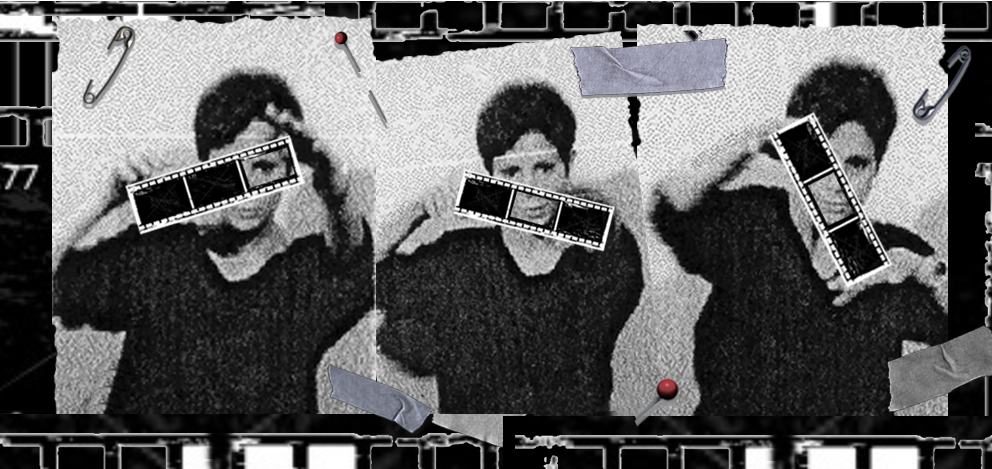
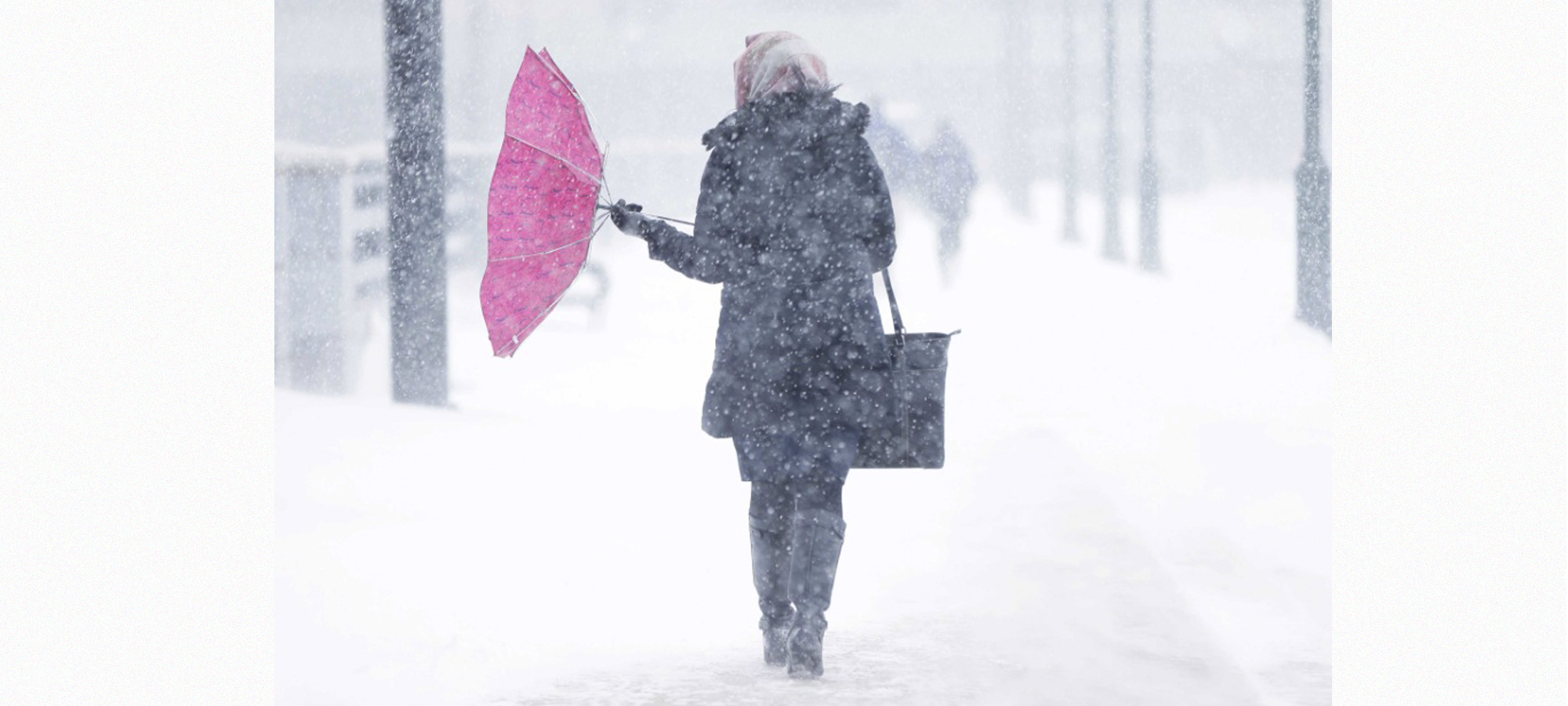
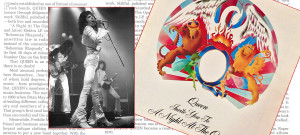
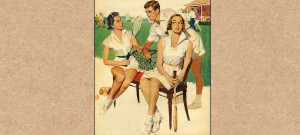
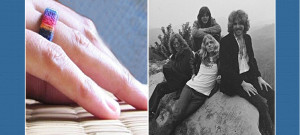
You are a working class hero for standing up for the bullied. I perfected the fine art of driving under the influence that winter. Listened to home made Beatles and Stones on 8 track. Those were the days my friend…….
It’s so heart-warming when someone manages to put your feelings into words… his is one of the best stories I’ve read about those so-hard-to-grasp years of our lives that are never easy, even for the “insiders” (although many of them under stand that much later when it’s even harder to deal with it… Now I too know that someone, somewhere, understood. Reminds me of Johnny Depp who also put it nicely, “As a teenager I was so insecure. I was the type of guy that never fitted in because he never dared to choose. I was convinced I had absolutely no talent at all. For nothing. And that thought took away all my ambition too.”
Had just moved to Pittsburgh. From Ohio to Pittsburgh. Everything new.
Always surprised I’m still here.
What a fascinating insight and look into your life as i unfolded from your high school days! You’re someone VERY SPECIAL!!!
Your article brought frigid and lonely memories back as I was finishing my dissertation-a solitary project. I sat at a desk, by the radiator and relished the heat since everything was desolate and cold. I drove my car to get really warm and kept a shovel in the trunk since finding a parking spot meant shoveling it out first.
Since I was teaching full-time, it was very demanding and I lacked the “music” to be my consolation. Count yourself lucky, dear friend.
Thanks for the moment to reflect and feel proud that I “Weathered it!” I learned a lot about the music I missed and will catch up, thanks to your article.
Interesting reading. A lot of ice in the ‘Ville, as I recall. Took me for a walk on the wild side.